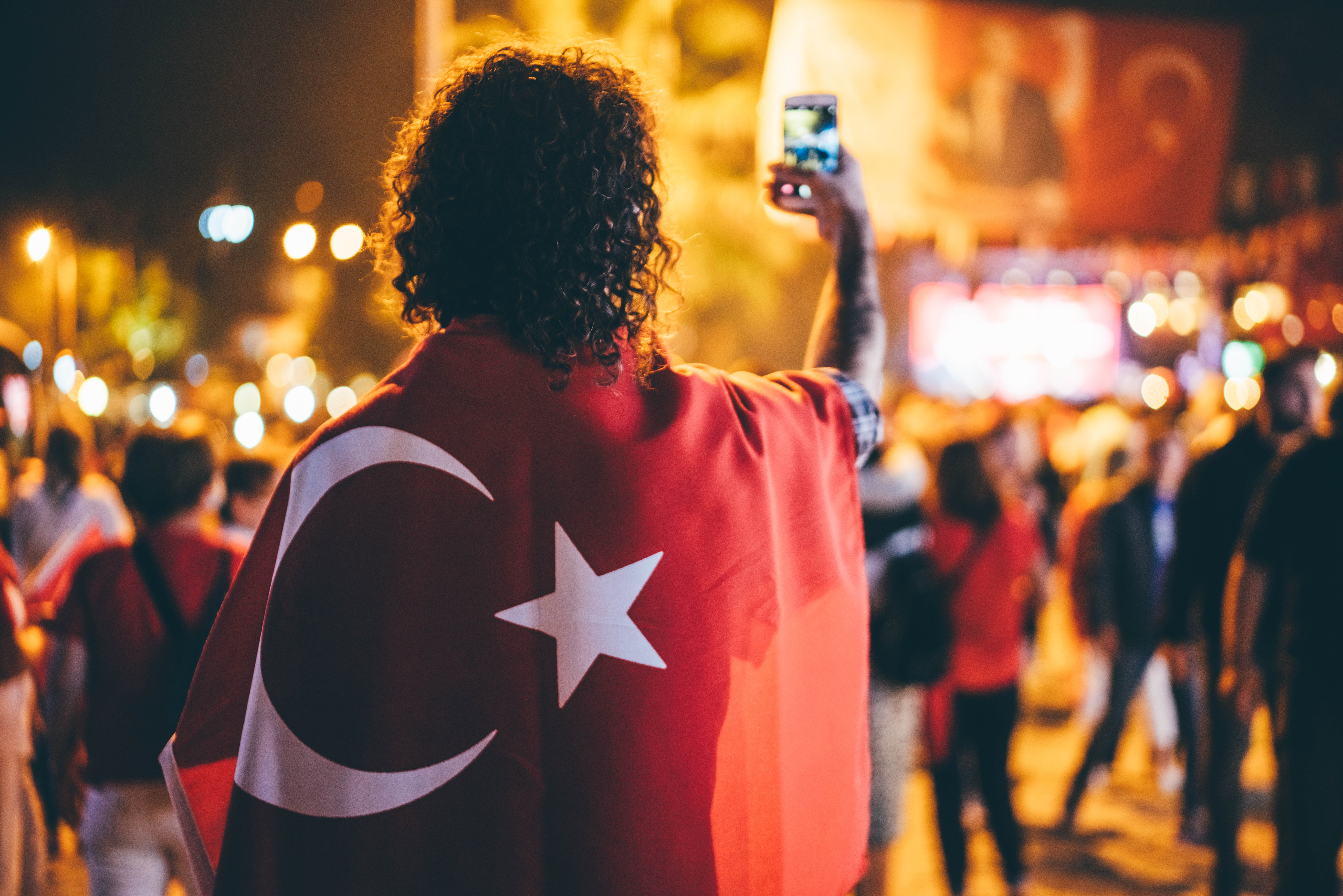While Turkey has entered the long period of the upcoming elections, scheduled for June 2023, the Turkish society is in a dynamic of deep changes.
While Turkey has entered the long period of the upcoming elections, scheduled for June 2023, the Turkish society is in a dynamic of deep changes.
This dynamic of sociological changes transform the world-view, the life style but also the political perceptions of many different groups within the society and by doing so it also changes the ideological framework of the political parties.
The first group where significant changes occur are the “urban conservatives”, meaning the middle class that emerged during the last 20 years of AKP power and that are socially conservative and religious. This group is considered to be one of the backbones of AKP and has gained access to power and social mobility and financial prosperity during the last two decades. According to recent surveys, a significant number of these conservatives, that many name “restless conservatives”, seem to discretely take distances from AKP and President Recep Tayyip Erdogan. Urbanization, modernization and close links to global trends and dynamics are changing this group and while conservatism is still the main characteristic, these people are actually in a phase of transformation and hybrid identities. Where traditions and modernity are intimately blending and Islam is re-appropriated through modern styles of life. Consequently, the efforts of the current government to enhance conservatism and Islam are not really responding to the needs of this new middle class, the priority of which are stability and economic prosperity. However, the opposition parties do not yet seem capable to inspire trust to this group and therefore it is still very difficult to predict their voting behavior in the next elections.
Younger generations are yet another group that is changing and by doing so it changes the dynamics in politics. Younger generations in Turkey are extremely familiar with global trends and they seem to take distances from the current government. According to recent surveys, AKP seems that it is no longer the first choice of the young voters, contrary to the past, and that they prefer the opposition parties and mainly CHP. While the current government has systematically tried to create a “pious generation”, the Turkish youth seems to follow its own path towards less conservatism and less religious oriented behavior.
These changes, as well as the overall dynamic of the society towards a de facto secularization of individual behaviors and politics, oblige the parties of the opposition to adapt and therefore to change.
CHP seems to have made its peace with some public aspects of Islam, that during decades were intoxicating the party and the society, with the most obvious example being the headscarf. The party also tries to find new ways to appeal to the Kurds and to build a stable relation with them.
IYI party, is trying to take distances from the traditional Turkish nationalism of the far right and to become a center right party expressing a less aggressive and more urban nationalism where pragmatism would be the main characteristic.
Following these changes and transformations can be a very enlightening process in order to comprehend today’s Turkey and its path towards the elections.
